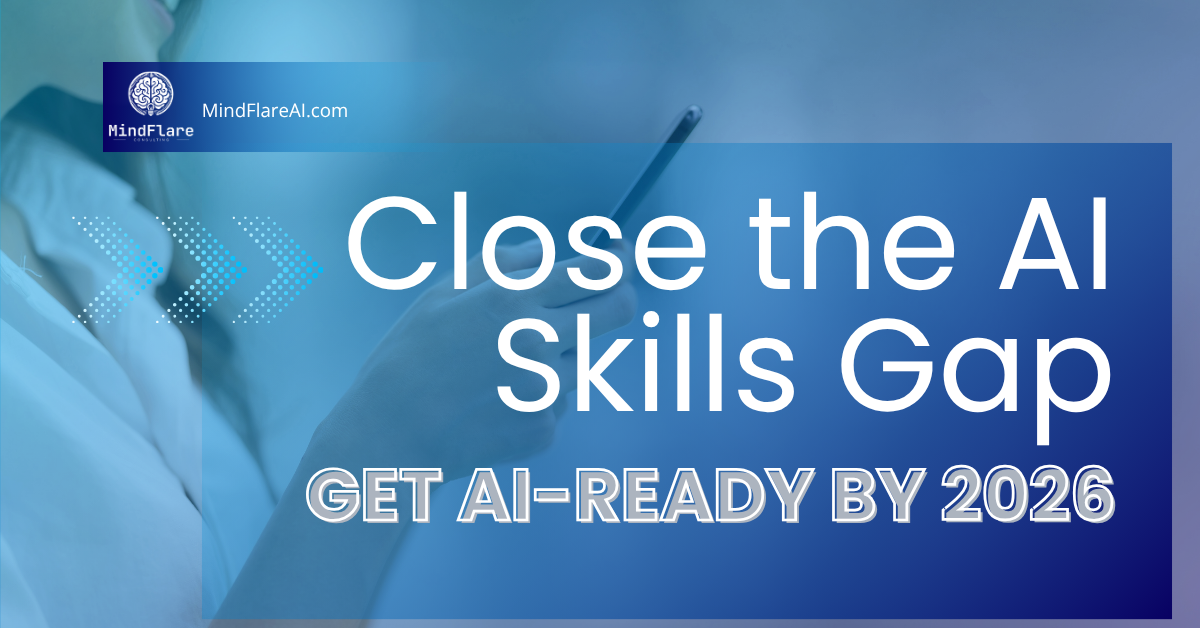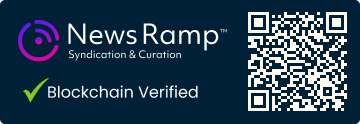MindFlare AI Addresses $5 Trillion AI Skills Gap with New Workforce Development Model

Summary
Full Article
The global AI skills gap has reached critical proportions, with recent studies revealing that 68% of executives report moderate to extreme AI skill deficiencies within their organizations according to Deloitte's 2025 analysis. This skills shortage represents more than just a training challenge—it's a $5 trillion economic barrier preventing organizations from realizing the full potential of their AI investments. The disconnect between technology availability and workforce capability has become the primary obstacle to AI adoption and return on investment.
Research from multiple leading firms paints a concerning picture of the current landscape. PwC data shows that companies effectively leveraging AI achieve up to three times higher revenue-per-employee growth compared to their peers who struggle with implementation. Despite this compelling business case, IDC's 2025 findings indicate that only one-third of organizations report their employees as adequately trained for AI-related roles, even as 94% of CEOs rank AI skills as their top hiring priority. The practical application barrier is equally stark, with Forrester reporting that just 22% of employees know how to use prompt engineering effectively.
Julie Anne Eason, Founder of MindFlare AI, emphasizes that the core issue extends beyond technology access. "AI doesn't replace human expertise—it expands capacity," Eason stated. "The problem isn't access to technology; it's access to practical, role-specific learning. Closing that skills gap is the fastest way to unlock real ROI." This perspective highlights the fundamental shift needed in how organizations approach AI workforce development.
The traditional training model has proven inadequate for addressing the AI skills challenge. Deloitte research indicates that most learning and development programs remain outdated and disconnected from daily work requirements. Conventional "AI 101" seminars often focus on tools rather than transformation, leaving employees uncertain about applying AI to their specific roles. The psychological principle known as the Ebbinghaus Forgetting Curve further complicates matters, demonstrating that people forget up to 90% of what they learn within days without reinforcement or practical application.
MindFlare AI's solution addresses these shortcomings through an innovative approach that combines global AI literacy standards with role-specific application, hands-on workflow design, and real-time AI learning assistants. This methodology transforms AI education from theoretical concept to daily applied skill-building that integrates seamlessly into existing workflows. The company's workshops, detailed at https://www.MindFlareAI.com, are designed to create lasting capability through continuous immersion rather than one-time training sessions.
"When people understand exactly how AI applies to their role, adoption stops being intimidating and starts being exciting," Eason explained. "That's when companies move from experimenting to scaling." This transition from apprehension to enthusiasm represents the crucial turning point in successful AI implementation. The approach aims to deliver higher adoption rates, faster productivity gains, and measurable business value through confident, capable teams prepared for AI-enabled workflows.
The timing for addressing the AI skills gap has never been more critical. With between 60-70% of companies entering 2026 lacking formal AI training programs despite record spending on automation tools, organizations that invest in AI capability now will enter the new year with significant competitive advantages. The companies that bridge the skills divide will benefit from trained teams, measurable ROI, and positioning ahead of the curve in an increasingly AI-driven business environment.

This story is based on an article that was registered on the blockchain. The original source content used for this article is located at Newsworthy.ai
Article Control ID: 267004